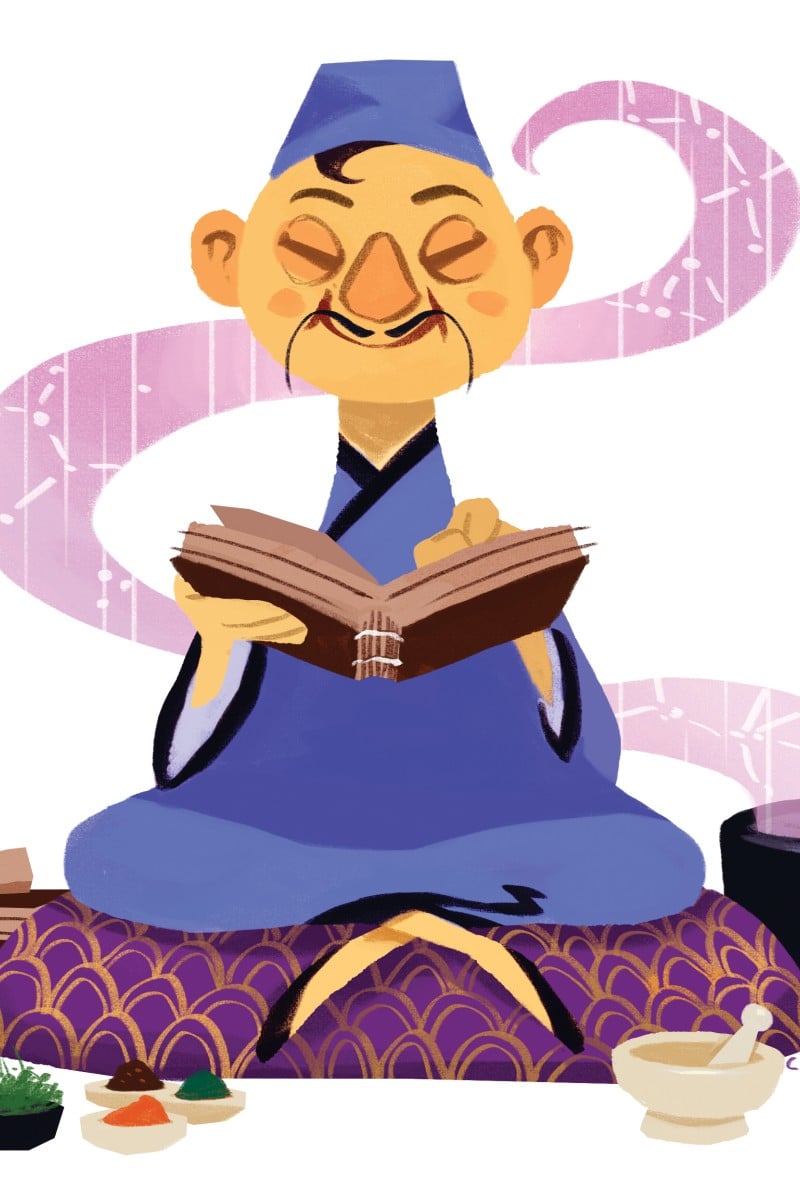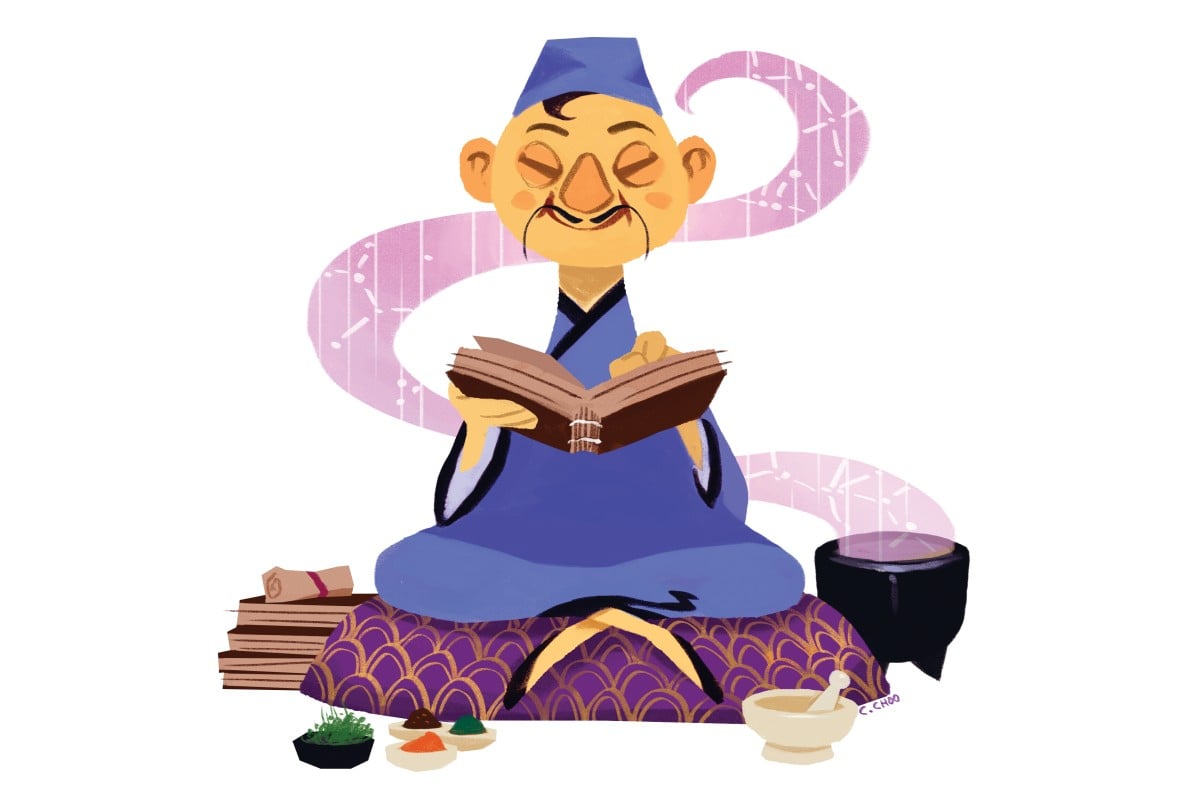
Li Shizhen's book, which took 30 years to complete, is considered the finest-ever work on traditional Chinese medicine

If you became ill in Ming Dynasty China, you might, if you were lucky, be healed by a travelling doctor. He would announce his arrival with a bell, then treat you with herbal medicines and acupuncture. And if you were even luckier, he just might have been Li Shizhen, one of China's greatest doctors.
Li was born in 1518 into a medical family in today's Hubei province. At the time, people looked down on the "craft" of medical practice. While Li's grandfather had been a travelling doctor, his father decided to better himself by becoming a traditional Confucian physician. But his greatest wish was for his son to gain a non-medical posting in the imperial government.
Li, however, was fascinated by his father's work, and loved to accompany him on his medical calls. It was only after he failed the imperial exams three times that his father finally agreed to take him on as an apprentice. Li reputedly shut himself away for several years, studying the medical classics, especially relating to the use of herbal medicines. He was quickly recognised as an expert, and when he cured the son of a royal prince, he was invited to become an official in the Chu Royal court, then a high official in the Imperial Medical Institute in Beijing. Naturally his father was delighted. But Li disliked being a government official, and after just one year, returned to his work as a doctor.
During his short stay in the royal court, he gained access to rare books about medical theory, history and practice. On his return home, he read every medical text he could find. He soon identified serious mistakes and omissions, and at the age of 30, decided to write an encyclopedia of pharmaceutical information called the Bencao Gangmu. This massive task was to consume the next 30 years of his life.
Li travelled widely to collect his data, consulting experts, visiting herb markets and reading more than 800 medical books. He then compiled a list of 1,892 medicinal substances, including more than 300 new ones sourced from the remotest parts of the empire and from visiting foreign ships. He provided details about each substance, such as its nature, preparation and effects. He also collected more than 11,000 formulas, taken from virtually every prescription recorded in China over previous centuries. He then organised this mass of information into new, logical groupings, and lastly added an extensive bibliography. The book was accompanied by more than 1,000 illustrations completed with the help of his family.
Li was determined to have his book officially published, and presented it to the imperial court. But for reasons unknown, it was simply filed away. Sadly, it was not until 1596, three years after his death at the age of 75, that the first edition of the Bencao Gangmu was finally published. It first attracted little attention. But after its illustrations were changed in 1640, the book was quickly recognised as a masterpiece, and over the next 250 years, was translated into Japanese, Latin, French, English, Russian and German. It remained the gold standard of Chinese pharmacology until the first modern Materia Medica, sponsored by the Communist government in 1959.
While it was criticised in the early years for being too costly and heavy for everyday use, Bencao Gangmu has since been recognised as the finest, most comprehensive work on traditional Chinese medicine ever produced. Many considered it the greatest scientific achievement of the Ming dynasty.
- Today, only six copies of the original Bencao Gangmu remain, one in the US Library of Congress, two in China and three in Japan
- In China, there is a Li Shizhen award for contributions to traditional medicine
- Li's fans, past and present, include British naturalist Charles Darwin and kung-fu actor Jet Li
Sarah Brennan is the author of the best-selling Chinese Calendar Talesand Dirty Story series. Check out www.sarah-brennan.com